Instilling Values in
Transcending Generations
Bringing Harmony To Cultures
Through the Power of Conscience
Tieman H. Dippel, Jr.
Book Three of The Language of Conscience Series
Texas Peacemaker Publications, L.L.C.
This publication is designed to provide accurate and authoritative information in regard to the subject matter covered. It is sold with the understanding that the publisher and the author are not engaged in rendering legal, accounting or other professional service. If legal advice or other expert assistance is required, the services of a competent professional should be sought.
2006 by Tieman H. Dippel, Jr.
Published by Texas Peacemaker Publications, L.L.C.
Brenham, Texas
Distributed by BookMasters, Inc., 30 Amberwood Parkway, Ashland, Ohio 44805
(800-537-6727)
Cover design by Tim Snider and Ryan Feasel of BookMasters, Inc.
All rights reserved. The text of this publication, or any part thereof, may not be reproduced in any manner whatsoever without written permission from the publisher.
Printed in the United States of America
Library of Congress Cataloging-in-Publication Data
Dippel, Tieman H.
Instilling values in transcending generations : bringing harmony to cultures through the
power of conscience / Tieman H. Dippel, Jr.
p. cm. -- (The language of conscience series ; bk. 3)
ISBN-13: 978-0-9721608-4-1
1. Social ethics. 2. Political ethics. 3. Conscience. I. Title. II. Series.
HM665.D56 2006
170--dc22
2005035181
Dedication
This book and the Language of Conscience Series are dedicated to:

Those who seek a civilization governed by the ethics of morality rather than the rationalization of relativity;

Those that recognize the belief that the nature of man should be shaped by the enlightenment of conscience rather than the promotion of convenience;

Those that understand that the concept of individual responsibility builds a nations strength of character rather than concentration on the expansion of entitlements through the concept of victimization;

Those who are willing to engage the political correctness of the times to help produce a culture that brings out the best in man because they recognize their obligations of conscience to each other and the benefits of compassion.
They recognize that great acts come from perseverance and patience in building the foundation of a stable society through maintaining its values or, at the very least, a society, which has in place a set of ideas that can compete for positive leadership in times of crisis.
In either scenario, their actions may be unappreciated during their lifetime, but they join an international and generation-transcending band of brothers tied together by honor and respect for the obligation of every man to better society. They receive the wisdom of those that preceded them in life. They bestow that knowledge on the next generation, but they also must engage their peers in their era, arguing for sacrifice and the morality of conscience against the great power of convenience. Their Gods glory is intelligence, which brings light and truth.
Theirs is often a thankless and controversial task whose reward is years hence when crisis forces actions and choices. But they are the stewards of civilization, the uncommon few, who may speak different languages and develop different cultures but see life with a sense of a warriors honor and character that provides obligation. If they fail to keep stability and balance in society, the culture eventually deteriorates and the rise in another form is more difficult and often more suspect.
They are the unsung heroesnot just because of what they do, but why they do it.
Contents
Foreword
The world is often filled with commentary, advice, and sensationalism; the challenge for people is to develop a model or framework from which to filter information and sort whats valuable from the waste. Only by doing so can one harness information to make a positive difference. Instilling Values in Transcending Generations has developed the concept of Enlightened Conservatism. It follows in the work of Rene Descartes who thought the complex could be made simpler through reason.
In his book, Dippel takes ideas of the past and demonstrates their relevance for the future. Maslows Hierarchy of Needs and how it affects human perceptions is balanced equally with Rambams Eight Levels of Charitable Giving that moves in philanthropy from giving grudgingly to the ultimate concept of giving a man an opportunity in order that he may be independent. It looks to the nature of man and realizes that at any time society can be dominated by a culture of conscience, which is driven by affection and honor, or by convenience, which is often driven by fear and greed.
Dippel believes that the tremendous expanse of technology, education, and communication as energized by market systems will challenge the existing cultural values and economic interests of almost all societies. It is friction between enlightenment and existing cultural value structures that will have great impact upon the stability of all societies. To him the critical issue that determines the balance between these forces rests in the perception of the individual dignity of each member of society. Dippel looks at the three powers that affect the concept of individual dignity. These are the powers of economics, of politics, and of culture. He points out the competitiveness of politics and economics by their very nature and notes that culture, which is the one major binding force beyond economic and political alliances, is the one truly based on common values. To him the preservation of basic concepts like the Golden Rule, the Common Good, and the Rule of Law are the concepts that need to be understood within a culture. He develops the concept of the triangles of Enlightened Conservatism, a method of thought through analysis, trends, and measurements of the forces and powers that interreact within society.
Dippel demonstrates in dramatic fashion that what values shall govern society is increasingly critical. The world has become increasingly multicultural. We have reached a defining moment in determining how societies shall operate in the future. We must choose between individualist and collectivist values or an acceptable combination that is based on individual responsibility and respect for human dignity. He focuses upon the point that the culture gives us law, not law the culture.
His goal, as he did with the Texas Lyceum and many other organizations, is to provide a framework of discussion that gains the respect of all sides because of its sense of honor. This important trendthe nature of our culture and whether it will be peer driven to conscience or convenience is one dominant theme.
The important theme in the book is the rise of Asia and the tremendous economic, political, and cultural consequences of globalization. To him the significant player is China, although the U.S., India, Brazil, and a combined Europe will have impact. But Chinas growth rates and the economic relationship with the United States will be one of the most critical factors in the strategic direction of the future.

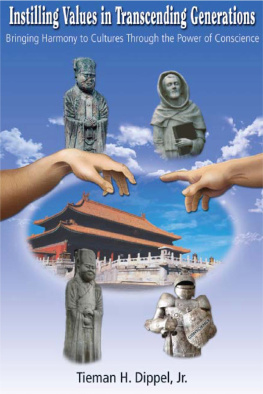
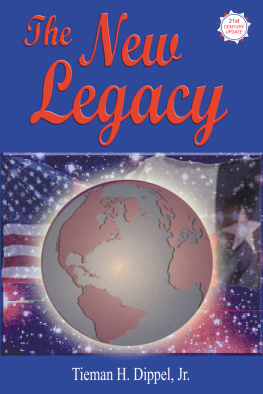
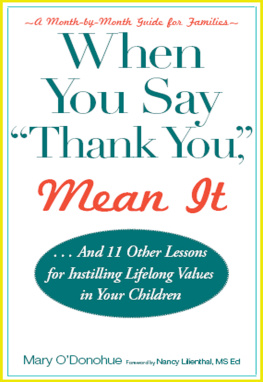


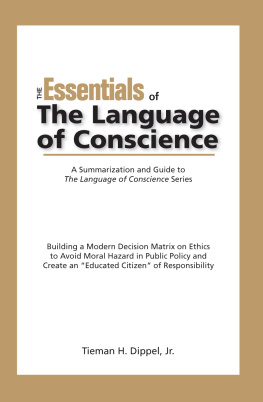
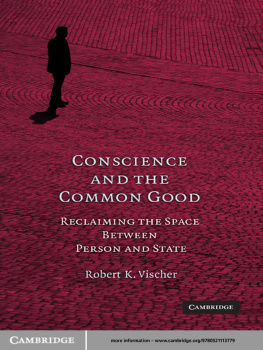
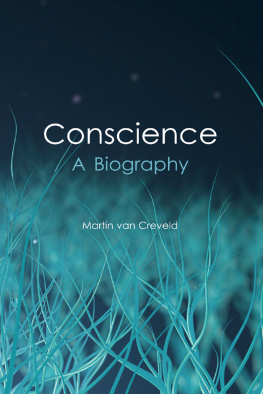
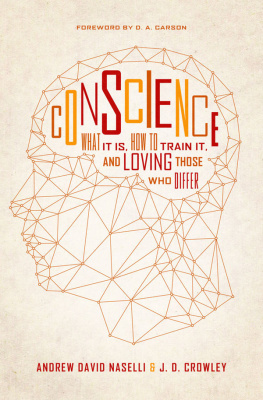
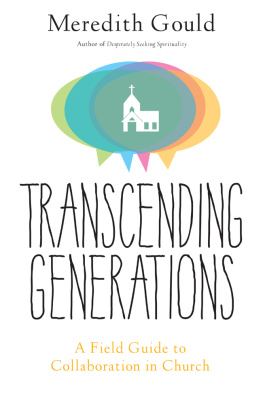
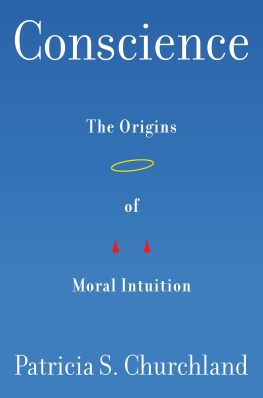
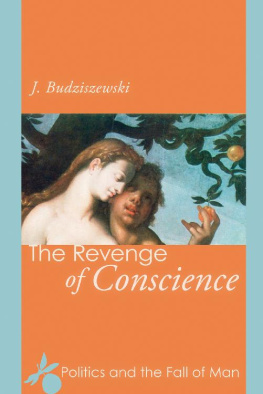
 Those who seek a civilization governed by the ethics of morality rather than the rationalization of relativity;
Those who seek a civilization governed by the ethics of morality rather than the rationalization of relativity;